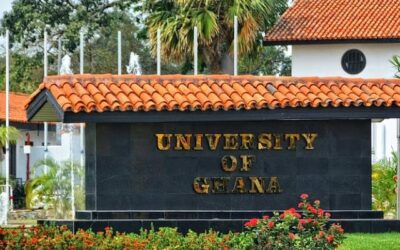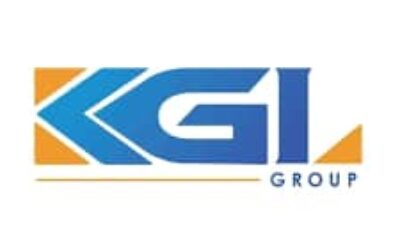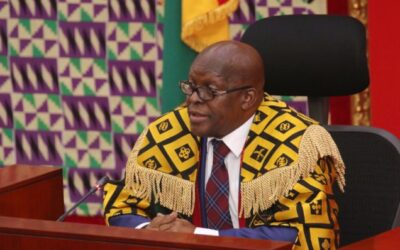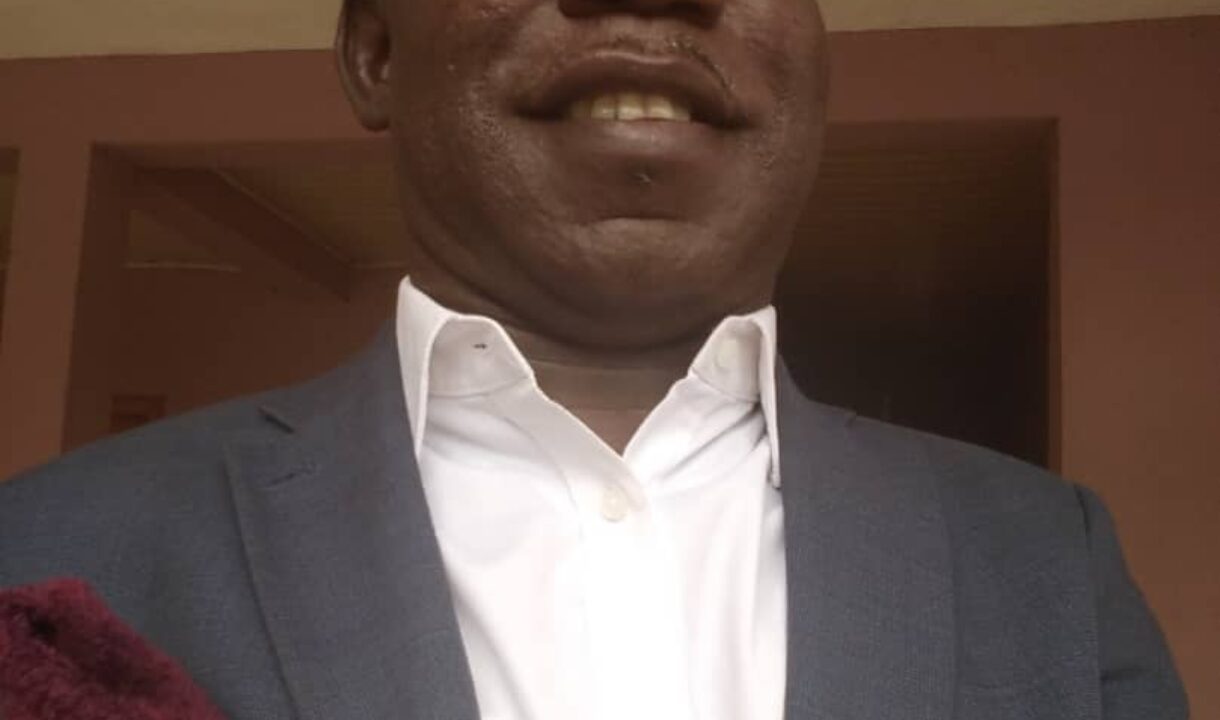Rental income is the amount received in lieu of renting out or letting out the property.
In Ghana there are to rates the Rent Bill (Act 220,1963),as amended in 2015,2020. An 8% tax on residential premises and 15% for commercial and non- residential premises.
Rent income tax mist be paid within 30 days after the rent income is received by the Landlord or in default to timely pay the rent tax attracts an interest of 125% of the statutory rate, compounded monthly.
In Ghana the GRA sets out the incidence and implement any tax system and the Rent Control Department under the Ministry of Works and Housing are involved in regulating rental controls and acts as the main arbiter between tenants and landlords.
According to the 1963 Act 220, as amended, in 2020; rent to be paid monthly and amended to 6 months in the current Bill.


Thus,to ensure that the rentees in Ghana ( facing 2 million housing deficit), had to device means of ensuring a smooth implementation of the Rent Tax to rake in the needed funds for development of the country.
A tentative estimate based on 2010 Housing and Property Census gave an accruals of about Ghc 17 billion per year to GRA.
The process works in this way,the rentee pays for the accommodation and the Rent Control will issue the certificate for registration of the Land Lord,so that his tax can be charged by GRA.
The certificate from Rent control will be issued at a fee and the tax is sent through the commercial Banks and a receipt is given for 6 months rent paid,so the landlord will pay the 8% rent tax or 15% depending on the type of premise.
The Rent Tax will be a way to save over 600,000 government workers,as the agency – rentee- renter , equation will free resources from 24,36 monthly payments.So every tenant can save money and invest in other enterprise so that after 6 months they will pay the rent.

In this way,the landlord can also enter into formal arrangements with the commercial Banks to get say 2 or 3 years rent deposit they previously will take from a tenant under the unregulated system, through say a 15 % discount factor by the Bank.
The rent of say Ghc 30,000.00 , for say 3 years will get the landlord say Ghc 28,500.00 and this will enable the landlord to have funds for any investment or other without encumbrances to the tenant and landlord in paying the rent tax .
In the end,the process is digitized, formalized and sanitized the housing market and create jobs and income for the exchequer
The benefits to the Housing ministry and Finance Ministry will be to streamlining the rental tax in Ghana and let government free scare resources to other priority sectors of the economy.
This system will work with the various MMDAs in Ghana and also increase their internally generated funds through stamp duty tax and licencing fees on rental housing market in their various Districts.
Again,the MMDAs can bring in Artisanal taxes in the housing industry which also falls under Works and Housing ministry.
This is such that a register for Artisans can be used to regulate works in the districts by artisans and at a fixed annual rates can generate revenue to the Assemblies,as properties are taxed,so the masons, electricians,plumbers and carpenters,etc will all pay tax on works done for real estate developers and private landlords who are renting their property.
For example, if the Assemblies enforce the registration of artisans,it means that if one is not registered and licenced for the year ,no works can be done in the district!
At the end of the day,a very regulated Rent Tax and control works smoothly and revenues accrue to the exchequer as it is done in other jurisdictions in the world
The writer is an Economist,Broadcast Journalist , Media Consultant, Analyst and training to be a Lawyer.
He has served for 17 years as Personal, Political Assistant to Hon Dr Anthony Akoto Osei, Presidential Advisor on the Economy.



















